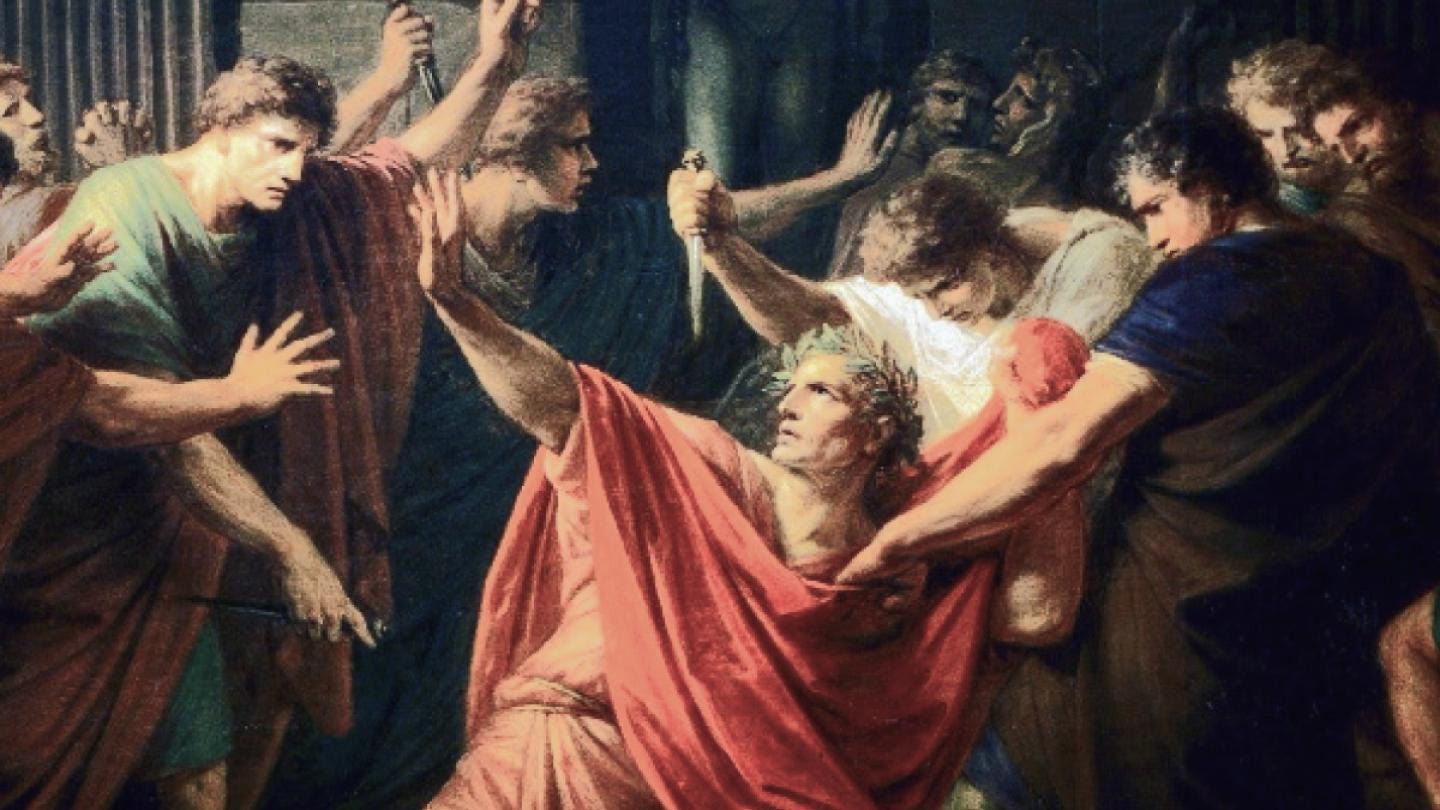The Lost Art of Respectful Dialogue
A reflection on emotional reasoning, respectful disagreement, and the quiet strength of understanding over judgment.
Issue #28:
Good day and welcome back to The Zen Journal. Today’s reading comes from Thomas Sowell’s Dismantling America: Random Thoughts.
“The reason so many people misunderstand so many issues is not that these issues are so complex, but that people do not want a factual or analytical explanation that leaves them emotionally unsatisfied. They want villains to hate and heroes to cheer.”
In Dismantling America Thomas Sowell wrote the above line. That the reason many people misunderstand complex issues isn’t because those issues are particularly difficult. It’s that people often don’t want a purely factual answer. Especially one that fails to satisfy them emotionally.
Instead, they crave narratives with clear villains to condemn and heroes to admire. Without that emotional framework, many lose interest or reject the explanation altogether.
That might sound harsh, but its true. Most of the time, we don’t really want facts, we want a feeling.
We want to be told we’re right, that we’re good, that the people who disagree with us are bad.
It’s comforting, but it’s not always helpful. And it’s definitely not how we build a healthy, respectful society.
At The Zen Journal, the goal isn’t to preach or argue. I’m not here to “lay mumbo jumbo” on anyone, as the saying goes.
I’m just trying to encourage the fact that we need to look clearly at ourselves and the world around us. If these reflections help, that’s wonderful. If not, that’s okay too.
This is just one more reason why I love quoting Thomas Sowell. He’s known for saying things like, “Don’t confuse me with the facts. My feelings are already made up.”
And honestly, that resonates. Especially in today’s world.
Many of us today aren’t searching for truth, but for validation. Something that flatters our ego. Something that makes us feel warm, smart and morally superior.
But that kind of emotional self-stroking isn’t necessarily helpful in building a civil society. If we can't agree to disagree without demonizing each other, then we’ve missed the point of real dialogue.
This reminds me of Ajahn Chah, a Thai forest monk, who had a funny way of handling disagreements.
There were times when people would show up at the monastery and say things like, “I disagree with karma.” And the monk would simply respond, “Oh really? Why don’t you explain how you think the universe works?”
It’s a beautiful reminder that disagreements do not require us to become defensive.
Just because someone disagrees with us doesn't mean we have to argue, and it doesn’t mean we stop thinking for ourselves either.
People are allowed to believe different things. They’re allowed to search for their own truth. We can respect that, even when we see things differently.
It’s also important to recognize that just because someone disagrees with the Buddha, with Ajahn Chah, with Thomas Sowell, or whomever it may be, it doesn’t automatically make them a bad person.
I sometimes joke that such people might be a little spiritually or intellectually deprived. But the truth is, it’s not really fair or helpful to label them at all.
Maybe they are missing something. Then again, maybe we are too. That’s the nature of the human journey. We’re all learning, all the time.
Perhaps we can slow down before rushing to judgment. And maybe, just maybe, we can leave a little more space, for questions, for growth, and for one another.
I look forward to continuing this journey with you. Please feel free to share your thoughts, reflections, or questions as I dive deeper into these teachings.







Great piece again, Urban Monk. I enjoyed your example from Ajahn Chah—I follow the Thai forest tradition of Luangpor Teean, called Mahasati Insight Meditation. I’m grateful that you use so many traditions in your writing, there is wisdom in all and it creates a depth and welcoming to your work.
I needed this today as I keep waking in the middle of the night with deep existential dread, despite all of my practice and study.
It sounds like you're getting shamed for being Buddhist. It's a good thing it doesn't matter, right? I find either a) being quiet or b) avoiding humans that can't hold paradoxes in the mind is quite helpful in my practice. Appreciate your content.